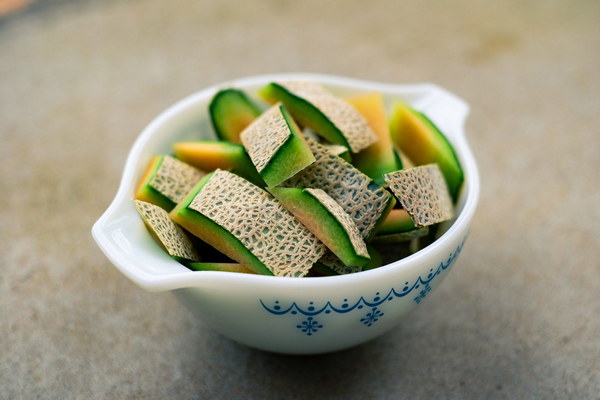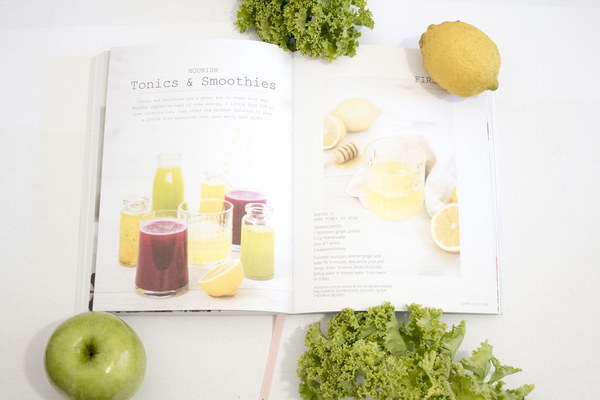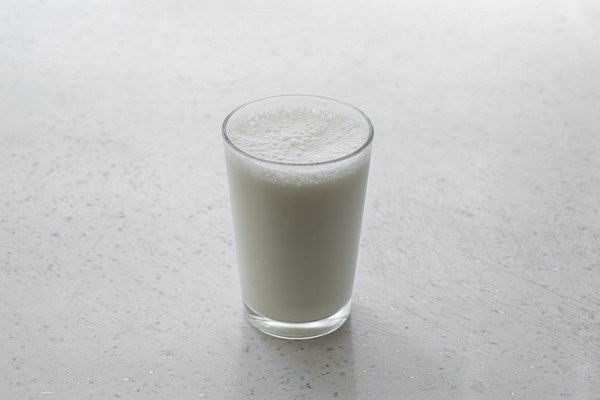Unlocking the Power of Fennel A Natural Remedy for Excessive Dampness in the Body
Introduction:
Dampness, a concept deeply rooted in traditional Chinese medicine, refers to the accumulation of excess moisture in the body that can lead to a variety of health issues. While modern medicine may not fully recognize this concept, many people have found relief by incorporating natural remedies into their daily routines. One such remedy is the consumption of fennel, a flavorful herb known for its numerous health benefits. In this article, we will explore how eating fennel can help alleviate dampness in the body, leading to improved overall well-being.
The Science Behind Fennel:
Fennel, scientifically known as Foeniculum vulgare, is a herb that has been used for centuries in traditional medicine. Its seeds and leaves are rich in essential oils, such as anethole, fenchone, and limonene, which contribute to its therapeutic properties. These compounds have been found to have anti-inflammatory, antioxidant, and diuretic effects, making fennel a natural ally in the fight against dampness.
1. Diuretic Properties:
One of the primary ways fennel helps alleviate dampness is through its diuretic properties. Diuretics are substances that increase urine production, which helps to remove excess fluid and toxins from the body. By promoting diuresis, fennel can help reduce swelling, alleviate joint pain, and improve digestion, all of which are common symptoms associated with dampness.
2. Antioxidant Effects:

Dampness in the body can lead to oxidative stress, which can damage cells and contribute to inflammation. Fennel's antioxidant properties can help neutralize harmful free radicals, reducing inflammation and promoting overall health. By incorporating fennel into your diet, you can support your body's natural defense against dampness and its associated symptoms.
3. Anti-inflammatory Effects:
Fennel's anti-inflammatory properties can also play a significant role in reducing dampness. Inflammation can lead to various health issues, including joint pain, skin problems, and respiratory disorders. By reducing inflammation, fennel can help alleviate these symptoms and improve your quality of life.
4. Digestive Health:
Dampness is often associated with poor digestion, as excess moisture can slow down the digestive process. Fennel is known for its carminative effects, which means it can help relieve bloating, gas, and indigestion. By promoting healthy digestion, fennel can help eliminate dampness and prevent the build-up of toxins in the body.
5. Fennel Tea:
One of the simplest ways to incorporate fennel into your daily routine is by drinking fennel tea. Simply steep fresh or dried fennel seeds in hot water for 5-10 minutes before straining and drinking. Fennel tea can be consumed daily and offers a refreshing and aromatic way to experience the benefits of this natural remedy.
Conclusion:
Eating fennel can be a natural and effective way to alleviate dampness in the body. Its diuretic, antioxidant, anti-inflammatory, and carminative properties make it an excellent choice for those looking to improve their overall health and well-being. By incorporating fennel into your diet, you can support your body's natural defense against dampness and enjoy the numerous health benefits it has to offer. Remember to consult with a healthcare professional before making significant changes to your diet or treatment plan.









